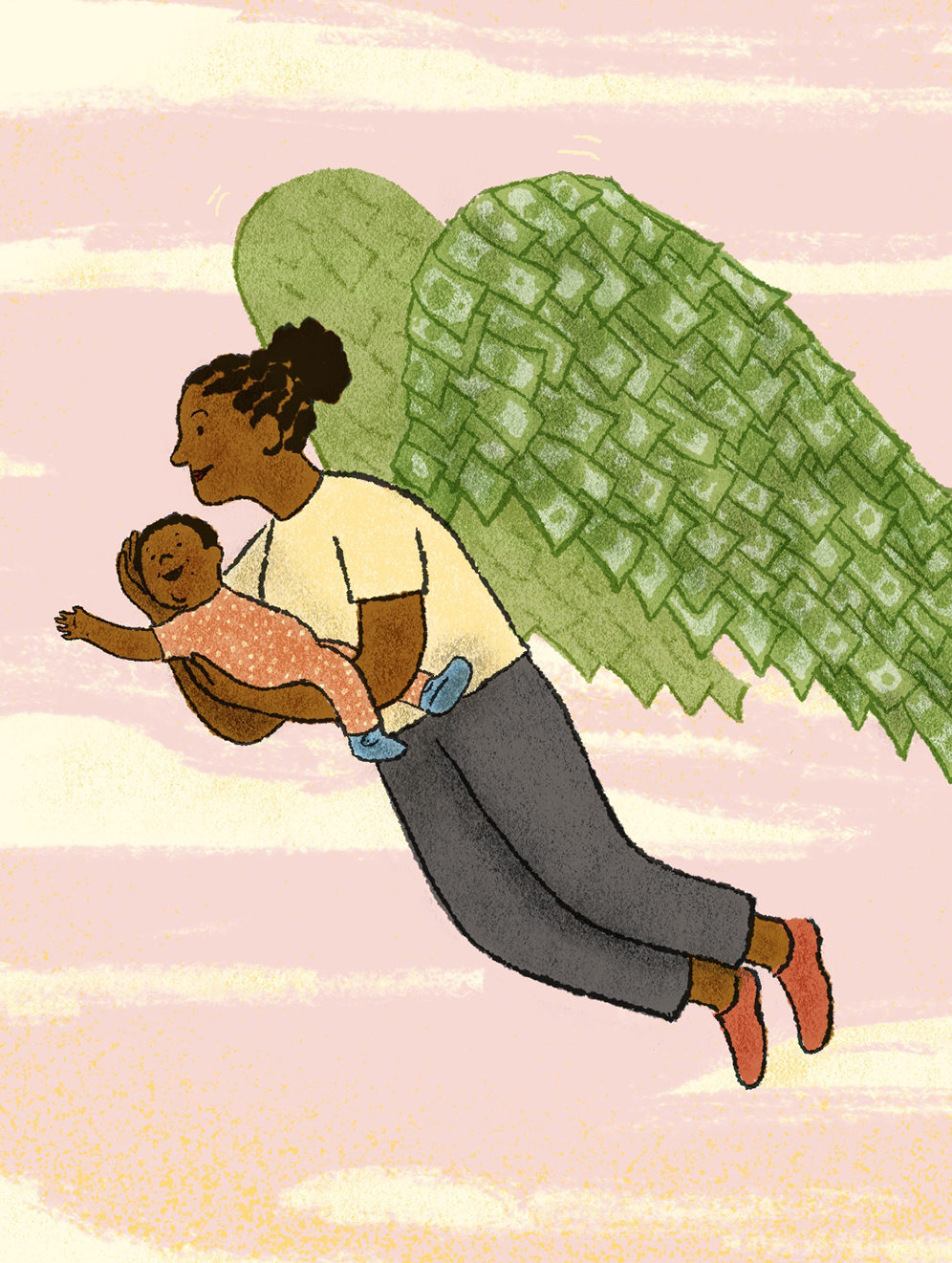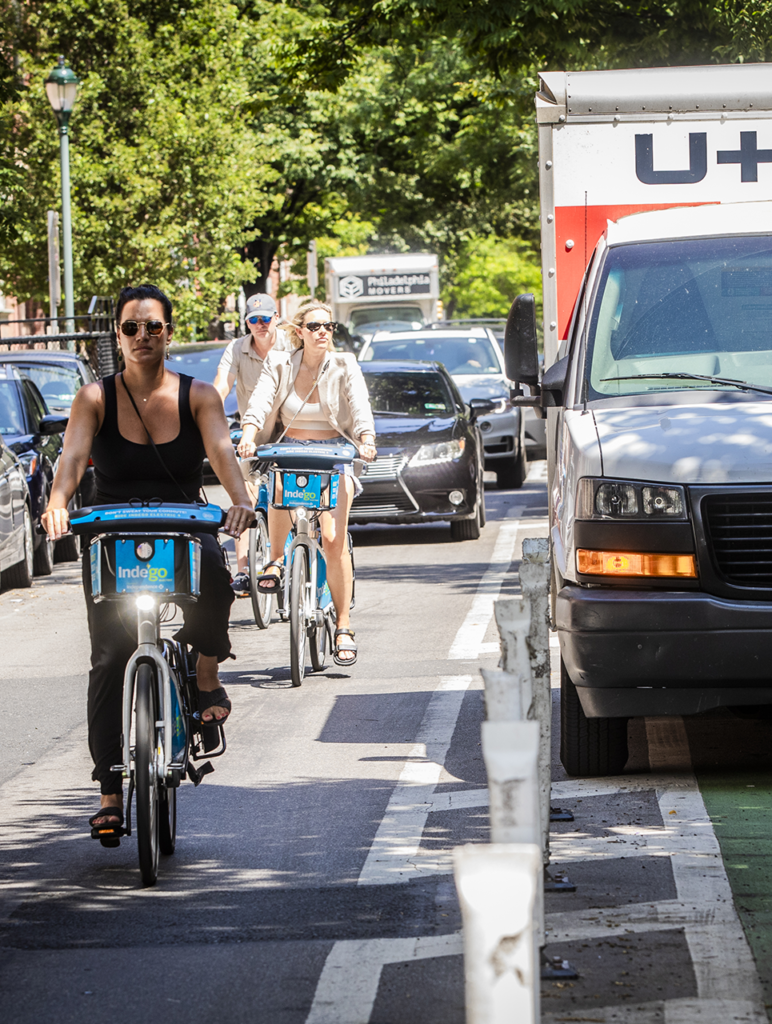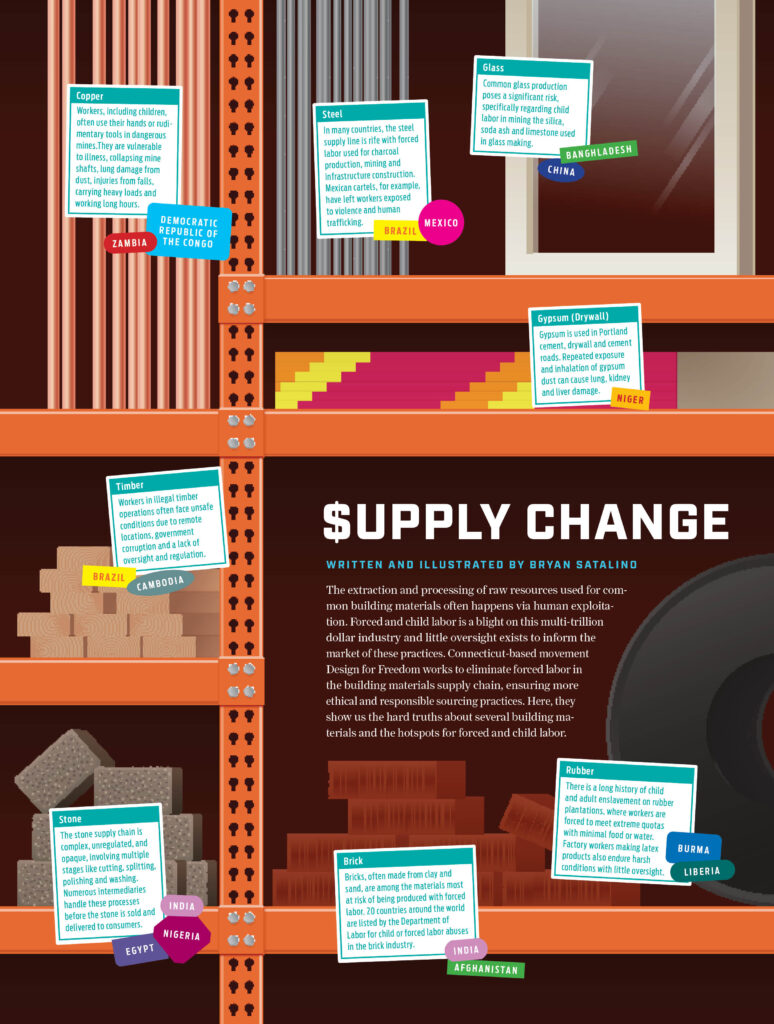Imagine in the span of a year being badly injured in a car accident, suffering the loss of family members and discovering you are pregnant. After this happened to one Philadelphia woman, she was told she had been accepted into a study of how guaranteed income impacts quality of life. The gift of $500 a month could not have come at a better time.
“I wasn’t able to work right when this opportunity came, it was just a great blessing,” the study participant says. “It gave me a chance to prepare for this child to arrive. It allowed me the opportunity to not stress about money.” And at the end of that very stressful year, she delivered a healthy baby.
The recently completed year-long pilot study, Guaranteed Resources Optimize Wellbeing (GROW), was run by Philadelphia’s Office of Community Empowerment and Opportunity (CEO) and partner organizations to measure the effects of a guaranteed income on the economic mobility of recipients of extended Temporary Assistance for Needy Families (E-TANF). The study aimed to help E-TANF recipients in the city, 82% of whom are Black women, while adding to the growing body of research on the impacts of guaranteed income.
GROW is one of a number of guaranteed income studies that have been implemented in Philadelphia, across the state and nationwide. Altogether, more than 30 such studies have enrolled more than 8,000 participants. Organizations involved with the studies have varying goals. For example, the Philadelphia Housing Authority aims to help people with affordable housing and the Philly Joy Bank is focused on maternal care.
GROW focused specifically on E-TANF recipients, most of whom are enrolled in a workforce development program. Partners on the study include researchers from the University of Wisconsin-Milwaukee and the Mutual Aid Network doing qualitative analysis; researchers from Reinvestment Fund focus on quantitative analysis; and Fund for Guaranteed Income, which distributed the funds.
“The real goal of these guaranteed income studies is to understand how additional money every month that’s regular and consistent improves well-being across a couple of different dimensions,” says Michael Norton, chief policy analyst at Reinvestment Fund. “So social and emotional stress reduction, financial stress reduction, as a way to help people stabilize their lives day to day, week to week, month to month.”

Guaranteed income aims in part to correct for the failings of traditional financial assistance programs, which have a long history of discrimination and disempowerment.
From the get-go, financial assistance programs weren’t equitable. Some New Deal-era supports, for example, explicitly excluded people of color. They also codified a system in which poorer recipients have to contend with governmental surveillance including invasive inquiries into their personal relationships, sexual lives, work searches and spending. This leaves them feeling disempowered, according to David J. Pate Jr., the principal investigator, a native of West Philadelphia and at the time of reporting a researcher with the Institute for Research on Poverty based at the University of Wisconsin-Madison.
In 1996, the legislation that was billed as welfare reform ceded control of federal assistance programs to the states with varying results. In Pennsylvania, the level of cash assistance has not increased or been adjusted for inflation for more than 30 years. In Philadelphia, where 23% of residents live below the poverty line and minimum wage is set at the federal rate of $7.25 per hour, an eligible family of three receives a maximum TANF benefit of $403 a month.
In 1967, Dr. Martin Luther King Jr. called a guaranteed basic income “the simplest and most effective solution to poverty … The dignity of the individual will flourish when the decisions concerning his life are in his own hands, when he has the assurance that his income is stable and certain, and when he knows that he has the means to seek self-improvement.”
In the GROW study, 51 participants received $500 per month while a control group of 239 participants received $50 per month to compensate for their time. The payments were distributed as gifts so they wouldn’t impact recipients’ eligibility for benefits such as food and housing assistance. The participants are mostly single Black and Latina mothers and some fathers who live in Philadelphia, have received TANF for more than 60 months and most are enrolled in a Work Ready program run by Jewish Employment and Vocational Services (JEVS). Researchers hope to find that participants’ experience improved their well-being beyond the study period.
While some critics charge that guaranteed income programs would disincentivize work, analysis of guaranteed income studies across the country continue to show that recipients use the funds to take care of necessities and to work toward financial independence.
William Hall, CEO’s deputy executive director for policy and programs says after surveying Philadelphia communities for years, he believes that guaranteed income will help “folks achieve economic mobility at scale.” Hall expects the data from this study and others like it to prove that making the “right-sized investment in people” is a fiscally sound strategy.
Though the data is still being analyzed, anecdotal evidence shows the guaranteed income indeed had positive impacts on participants.
One study participant, who is certified to work in multiple occupations, describes how she was able to pay to renew her firearm license for security work. She says her biggest passion is helping others and one day hopes to open transitional housing.
Another study participant says that her focus has always been on financial literacy. With a son in college, she paid for an emergency car repair and taught her children to budget by having them open Cash App accounts, create personal budgets and invest. The study enabled her to give more time to the school where one child attends and where she graduated. “I put back into the community at that school because it is my tribe,” she says.
Pate regularly interviews participants in the control group who, despite feeling labeled as “bad parents” by society, manage to raise children who attend college. He sees how they are working to give their kids the best possible future despite having few resources. One participant’s child interns at the White House, for example. “The $50 [participation disbursement] is not the reason their children are attending college,” he points out. “It’s because they’re good parents.”
Participants say they’re grateful to have been a part of the study and hope it will be available for others. Some recommend that future programs continue the assistance for a period after recipients gain employment to give them more stability. Hall agrees, saying it would help them maintain positive pathways.
Deborah Blanks, a researcher with the Mutual Aid Network says that, in contrast with financial assistance that generally treats adults as if they are children, the monthly guaranteed income helped these parents feel more empowered. “Every parent wants their children to look up to them, to feel like their parents are able to take care of them,” she says.“This has given [parents] an opportunity to feel like they’re stepping up, making wise decisions … and demonstrating to their children that they can be a viable, strong family.”









